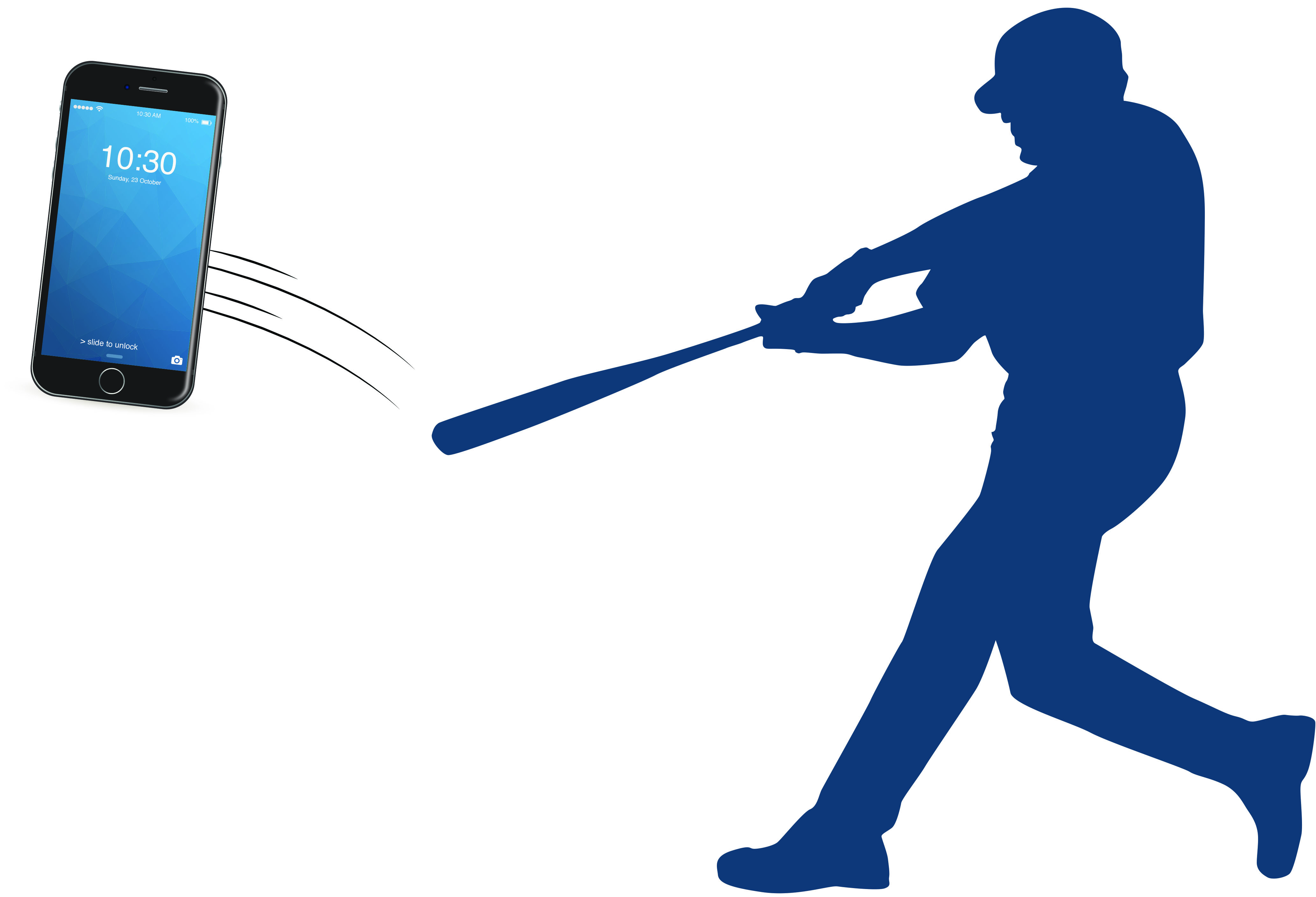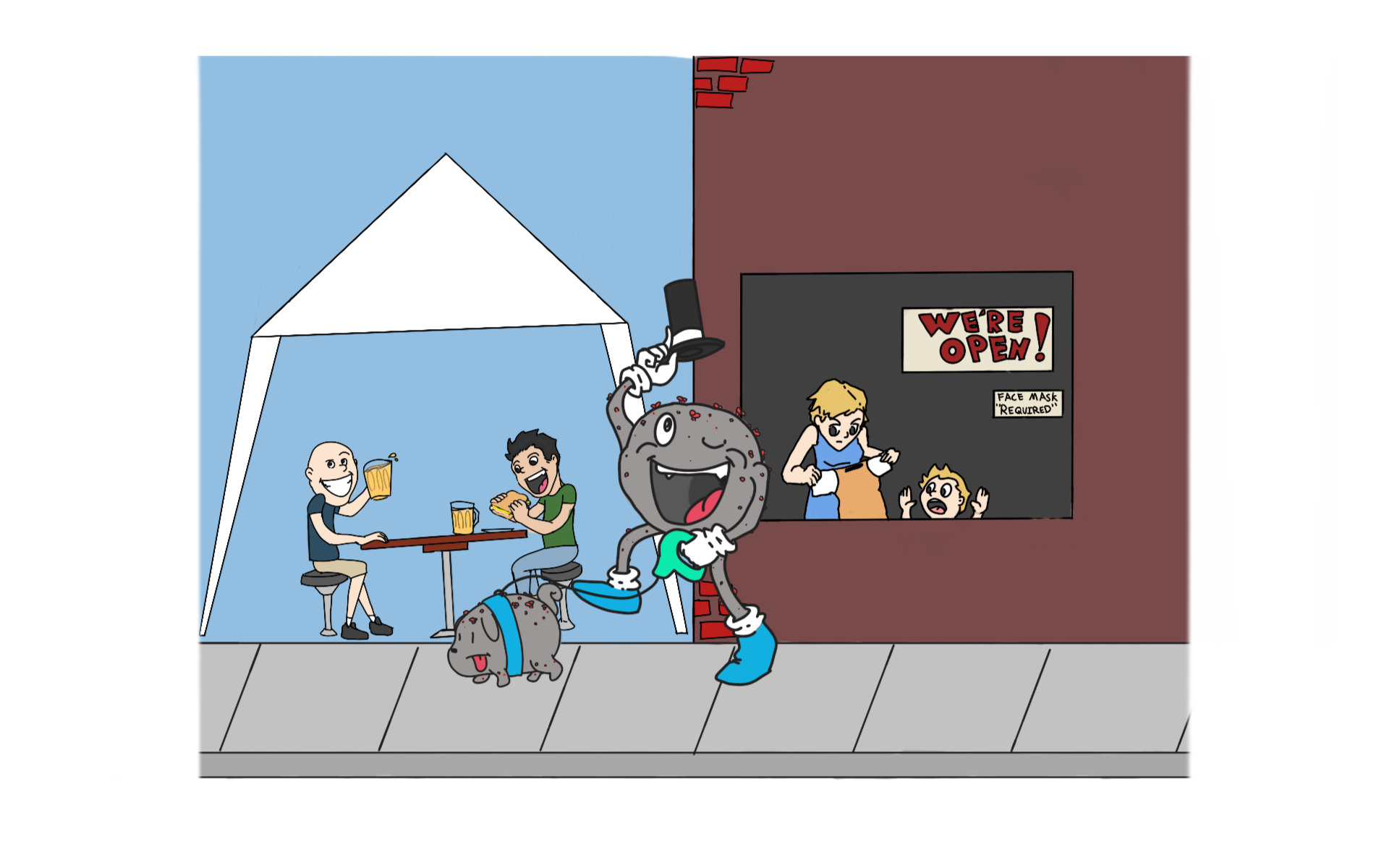By Victor Munoz
Sports Editor
I would think that if you paid $100 or more to attend a live event that the idea is to immerse yourself in the moment and have a communal, connected experience with the athlete or artists, and fellow spectators.
So why is it that so many fans these days attend events and disconnect from the live experience in front of them for a digital experience on their phones?
I go to live sporting events frequently. And I am continually shocked how, when I look out at the crowd, as many people are staring at their phones or taking selfies than are watching the game. Sure, people can choose to spend their time however they want, but at what point does their self-absorbed experience dilute that of the engaged fan and the athlete or performer?
In an informal 100-person survey I took, 78% of people admitted they had used their phones during a live event. And don’t think
LA Galaxy head coach Guillermo Barros Schelotto alluded to the connection of fans to players after the team’s 2019 home opener. Speaking in Spanish, he said the fan support is important and that their electricity supplies a great part of his team’s rhythm. If half the stadium is glued to their hand-held devices, how are athletes’ performances affected, and how much of the experience of fans who are locked into every moment is diminished?
It seems
CSUDH biology major Christopher Flores is one fan who admits that recording does take away from the live experience, but he stressed that he does it for the memories and to show to friends and family.
I get that, but is a fan’s personal experience more important than the connected experience of collectively sharing the theatrics of a game? Is it worth missing the full fan experience for a zoomed out or blurry video? Is it worth missing the opportunity to scream goal the second the ball crosses the line or the second the artists says “un
“If [the video] is blurry or zoomed out, then it’s really not worth it,” said senior Jackie Rojas, a child development major. “Not only is the fan live experience lost, but there is no clear memory of the event either.”
But while I might go easy on those fans who are using their smartphones to capture a moment in the game, I have no tolerance for those who miss a goal, a big save or another big
And I’m not the only one.
“[In today’s games] how many people do you see texting instead of watching the game? So annoying,” said Linda Pickle,
It is also a safety issue. Imagine being at a Dodger or Kings game, and you’re so intent on checking in on Instagram that a foul ball or errant shot smacks you in the face. And let’s not even talk about even worse trauma: dropping your cell phone into your beer!
Maybe we should add an old-fashioned sports incentive to the plague of distracted fans: gambling. My friends have a running bet with each other that whoever touches their phone first during the event buys lunch.
But I’m not stupid. Smartphones are now a fifth limb for most of us and from ordering food from our seats with them, to being able to access instant replays on a website that aren’t even being shown on the Jumbotron, they’re not going away–even if some performers, such as comedian Chris Rock and the rock band Guns n Roses, according to a New York Times article in 2016, have
I don’t need
I couldn’t imagine what he would say if he saw me doing that a game I paid $100 to watch live.


